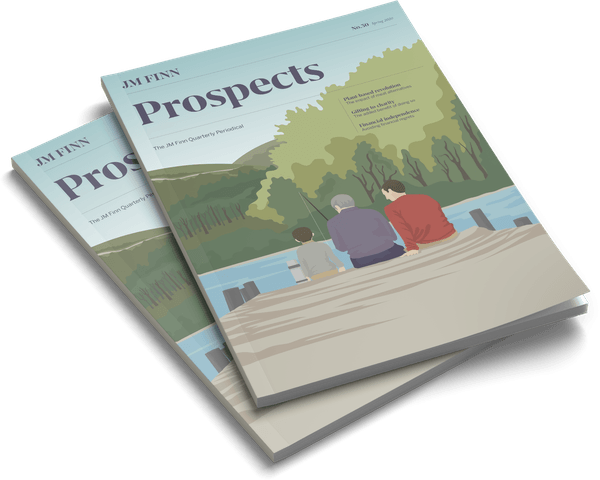Certainly, this epidemic has been stealing the headlines in recent weeks and, although markets shrugged aside the possible effects initially, panic eventually set in with shares recording their biggest fall since the financial crisis of more than a decade ago.
While China has been taking action both to limit the spread of the disease and to minimize the impact on its economy, with companies like Apple warning of direct consequences for its trading outlook as a result, it is clearly naïve to believe this to be a risk-free scenario. What isn’t clear is whether markets are over-reacting.
On the face of it this new virus does not seem as deadly as, for example, the Swine flu outbreak of around a decade ago or the Asian flu crisis of the 1950s. But it does appear to spread very easily and clearly efforts to contain it are making a difference to economic activity. In particular, disruption to the supply chain in a number of industries is already taking place. Several Asian countries have revised downwards their expectations for GDP growth which, coupled with slowing economies in Japan and the Eurozone countries, is likely to mean a disappointing outcome for global growth during the current year. Indeed, a global recession could be on the cards.

Even so, it is probably a mistake to overestimate the longer-term effects of this particular crisis. True, there is not yet a vaccine available to combat this virus strain, though China does appear to have one undergoing clinical trials. While the indications are that it is more comparable with seasonal flu than any of the more damaging new viruses that have appeared around the world during the past 100 years or so, it is the measures introduced to limit the spread of coronavirus that is causing the problems rather than the death rate. In America 10,000 people died of seasonal flu last year – far more than have been known to die from the coronavirus – and treatment is generally available for these strains of flu.
So perhaps the shakeout in markets will provide a buying opportunity at some stage. We are, after all, getting much better at managing situations like these, with measures to quarantine people and whole cities introduced swiftly and improved communication of the issues now present through social media. It will be necessary to keep a weather eye on how this epidemic progresses, though. While at the time of writing a global pandemic has yet to be declared, cases in over 40 countries have now been identified, including a worrying one in Nigeria. If the disease does indeed spread to sub- Saharan Africa, where medical facilities are limited, then containing the epidemic will prove difficult.
Perhaps the shakeout in markets will provide a buying opportunity at some stage.
Elsewhere there are plenty of other potential drivers of market behaviour around – some good, some not so good. The trade talks between the UK and the European Union will doubtless play an increasing part in establishing investor sentiment as the year progresses. Sterling has suffered as fears of a no deal Brexit increase. The upcoming US Presidential election will also be a factor to take into account. Interest rates remain low, despite an unexpected jump in UK inflation recently, and could well move lower as central banks seek to mitigate the effects of a global economic slowdown. In China, where more monetary stimulus has been introduced to combat the effects of the measures to restrict the spread of coronavirus, bond yields are at a four-year low. Indeed, bond markets all around the world are telling us a recession is possible.
We do have some good news back home. House prices are experiencing what has inevitably been dubbed the Boris Bounce. According to a recent survey from the Royal Institute of Chartered Surveyors, both prices and activity have picked up since the General Election. This has translated into a boost for the house building sector, which enjoyed a strong performance during the first two months of the year. The value of one’s home has been demonstrated as being of significant importance when it comes to assessing consumer confidence. Rising house prices make people more willing to spend, while a freer market for both sellers and buyers allows moving to take advantage of improved job prospects easier.
As it happens, the housing stock retained by estate agents had been low in the run up to our leaving the EU, demonstrating caution on behalf of sellers because of the uncertainty created by our failure to meet two departure deadlines. This has clearly changed, with estate agents reporting improved availability and more activity. It is said that an Englishman’s home is his castle. Perhaps the sense of wellbeing that the end of uncertainty over whether we are leaving the EU or not and the knowledge that the roof over our heads is likely to rising again in value will encourage an improvement in domestic economic activity. We just have to hope that the coronavirus does not derail sentiment.
Illustration by Isabelle Bamberg




